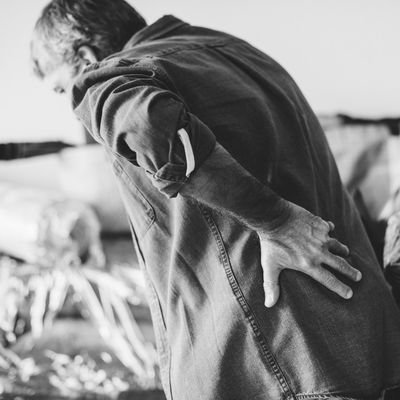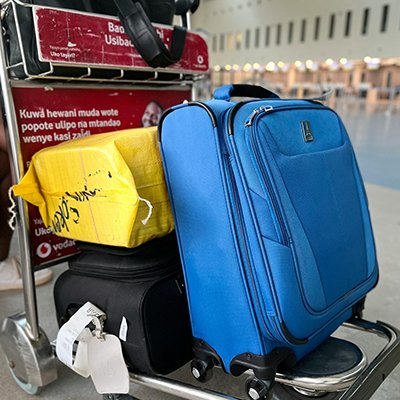Travel can be eye-opening, invigorating, and restorative. And while having a chronic medical condition can make travel more difficult, it doesn’t have to mean that you can’t take off. Although travelling is certainly easier or more feasible for some than others, there are many people who live rich, fulfilling, travel-filled lives while managing a chronic illness. With some advance preparation, you can have a wonderful trip while still taking care of your medical needs. Here are some tips to get you started.
Mind your medication
Be sure to bring a healthy supply of any important medications. If they need to be kept in temperature-specific conditions, be sure to make accommodations for that. Some companies sell temperature-controlled containers that you can keep medicines in.
Keep your medication in its original packaging. Not only does this help doctors know what you’re on if you seek treatment while you’re travelling, it also helps travel authorities know what you’re travelling with, and minimises any trouble you might experience with them.

Stay organised
Some medicines need to be taken at the same time of day, regardless of where you are or what you’re doing. Set alarms on your phone or elsewhere to remind you of medications, exercises, or other treatment requirements. Be sure to account for any time zone changes when you do so.
Research where to find treatment
Some people require visits to special clinics. For instance, people with end-stage renal disease (ESRD) have to perform dialysis regularly, usually three to four times every week. If you need any routine care of that nature, plan it out beforehand. In the case of ESRD, sometimes your current clinic can help you schedule care at another branch.
It also helps to know how to prioritize your care in case of emergent health situations. For instance, knowing when to go to an urgent care clinic as opposed to an emergency room, and where to find each in the place you’re visiting. If you’re travelling internationally your country’s ministry of foreign affairs or state department can often help you find treatment centers in advance.
Know how to maximise your flexibility
Set yourself up to minimise your dependence on specific accommodations. For instance, if you require regular injections, carrying a portable sharps container can save you a lot of time and frustration. Likewise, if you’re on dialysis, choosing a home dialysis option like peritoneal dialysis or home hemodialysis can give you more flexibility, since you can bring your equipment with you and dialyse anywhere there’s sufficient power and cleanliness.
Know how you’ll pay for care
Some insurance plans have a restrictive network, and you may need to research doctors to see what visits will be covered abroad. Alternatively, you may be fine wherever you go. If you’re travelling abroad, check to see what your plan covers. You may need to lo ok into travel insurance to make sure you can get any care you need while you’re away.
ok into travel insurance to make sure you can get any care you need while you’re away.
Plan around your energy level
Depending on your what your condition is and how it affects you, you may need to plan around what you can realistically see and do in a given day. Don’t exhaust yourself. Put your highest-priority sights and activities at the front of your trip, when you’re most likely to have energy. If you have ESRD and do dialysis treatments, you probably don’t want to plan anything crucial immediately afterwards. Give yourself time to recover.
Account for your physical needs
Packing light is important, but you shouldn’t sacrifice your comfort or safety while you’re travelling. Consider bringing things like hand warmers if you deal with pain from fibromyalgia or arthritis. If you have blood sugar issues or fatigue, bring snacks for the trip, and stock up on foods you can eat in the hotel at times when you don’t feel up to going out.
Some people with cardiovascular or circulation issues may need special accommodation on planes, due to the reduced oxygen and pressure. If this describes you, be sure to take precautions.
- Hydrate
- Bring a buddy who knows about your condition and can help
- Walk around and/or wave your arms at least once an hour
- Try compression socks
- Try a low-dose aspirin (if and only if you’re not already on blood thinners)
Travelling is one of the greatest gifts that you can give yourself, and a wonderful way to learn what you’re truly capable of when you’re out in the world. It might take some work on the front end, but it’s worth it.
Jenny Hart is a health and wellness writer with a passion for travel, cycling and books. So far, she's traveled to Ecuador, Costa Rica, Mexico, Germany, Iceland, Ireland, Austria and Japan. When she isn't writing or travelling, she's traversing NYC with her two dogs Poochie and Ramone.















